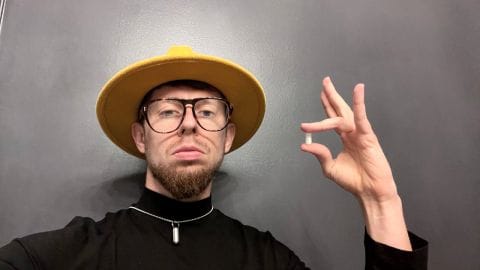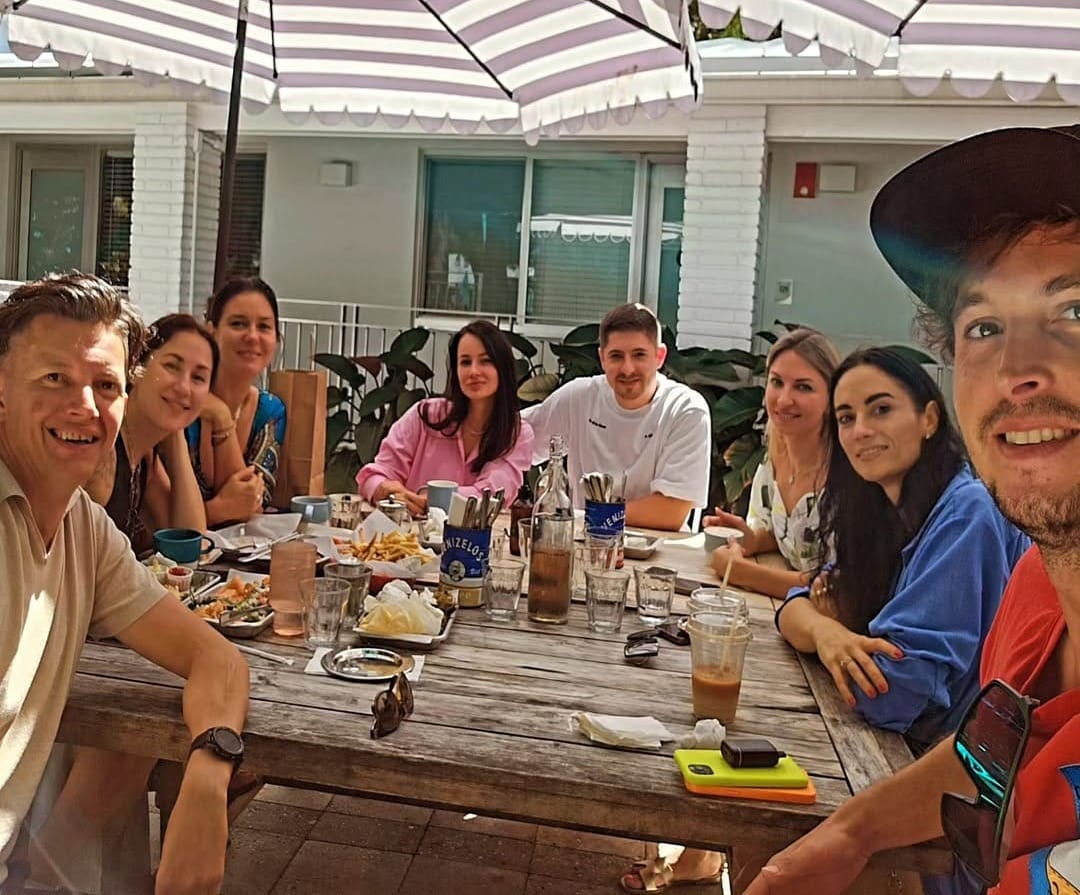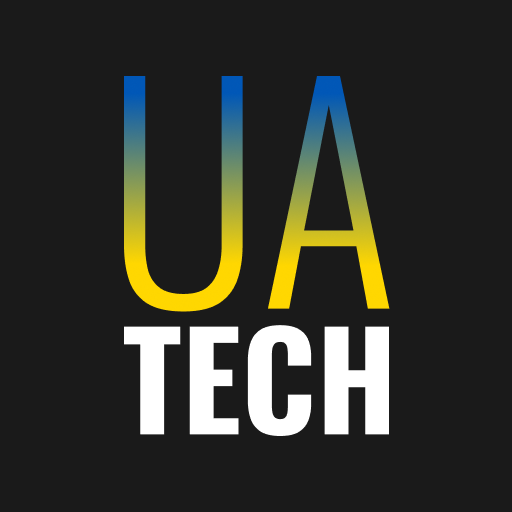Nowadays, technology makes connecting with anyone, anywhere, easier than ever. Yet the question remains: how do we build meaningful connections?
To explore this, our team, together with UAtech founder Volodymyr Demianenko, sat down with Oleksiy Malytskyy to hear his perspective and learn more about the projects he’s built and how they came to life.
Oleksiy is the founder of Mazepa League Community (MZP), a space where like-minded individuals come together to learn, grow, and collaborate, as well as a creator of his new start-up, Know Your Group (KYG), a professional communities engagement platform, that helps to connect people with shared goals.

Oleksiy Malytskyi began his career in Ukraine as an entrepreneur in retail, distribution, and fashion. After moving to the U.S., he initially set out to launch a startup but decided to start a small business first to cover his financial needs and get established.
The story of MZP begins in Los Angeles, where Oleksiy was searching for a new project to pursue. At the time, many Airbnb properties were shutting down, and Malytskyy got an idea to create co-living spaces not just as a home, but as a space with a purpose. Each house was dedicated to a specific theme — startups, artists, wellness, film, and more. The goal was to create environments where people could connect, bond over shared interests, and even build lasting friendships. These spaces became especially meaningful for immigrants and solo newcomers, offering not just housing, but support, connection, and belonging — something Oleksiy, as an immigrant himself, deeply resonated with.
This vision later evolved into the creation of online communities, starting with the Mazepa League chat — a space for Ukrainian startup founders operating in the U.S. What began as a way to meet people with common values in the same city quickly grew into something much bigger. Since the full-scale invasion of Ukraine started, this community has become especially valuable: participants helped each other with relocation, changing business models, finding investments, co-founders, and even their first customers.
“Hundreds, maybe thousands, of introductions were made,” Oleksiy recalls.
Today, the chat includes over 600 members from 20+ countries around the world.

“It’s not about how many people — it’s about the kind of people.”
To maintain that quality, Oleksiy personally screens and interviews each new member. A key requirement is a clear connection to both the U.S. and Ukraine, whether through business, heritage, or mission. But just as important is a desire to grow, contribute, and evolve.
Through this community, Oleksiy facilitated countless meaningful introductions — many of which turned into lasting partnerships or collaborations.
“If I hadn’t been there, those introductions may have never happened, which got me thinking, what if I could remove myself from the equation?”
Searching for a scalable solution, he discovered that no one else was offering structured, high-quality networking. That’s what inspired him to build Know Your Group (KYG).
KYG is a context-driven social platform designed to connect people at the right time, based on shared data points such as goals, interests, or specific needs. For example, if someone is looking to interview a startup founder working in a particular field, they can log that request into the system. AI will match them with the most relevant person, even if the match doesn’t exist yet. When someone fitting that context eventually joins, the system automatically connects them. In this way, "contextual communication" is created - the evolution of text messages, where the system itself finds points of intersection between people in the community and helps to connect them without losing the relevance of the request.
During the discussion, Volodymyr Demianenko raised an important question: how will users keep their contextual information up to date within the KYG platform?
Oleksiy shared that the team is exploring two main solutions — allowing users to input context either by text or voice, similar to how people interact with tools such as ChatGPT. Users could add short updates like travel plans or upcoming events, and easily remove outdated entries to keep their context relevant. KYG does not work similarly to LinkedIn or Facebook. You only see those with whom you share context (spaces), which creates a focus on true matches, rather than mass exposure.
“The world today feels lonely without reason — even though we know and can reach more people than ever before, the real problems often remain unsolved.”
KYG aims to fix this by enabling meaningful, timely connections through shared context.
Volodymyr also observed that the approach feels similar to dating apps. Oleksiy agreed to an extent but highlighted a key difference. For example, on Tinder, the match heavily depends on the photo, but for professional communities, it does not matter what the person looks like. Connections are based on skills, goals, and relevance, not appearance. KYG is designed with that professional value in mind.
Oleksiy shared that in March, the team launched KYG on Product Hunt, attracting over 120 communities to take part in the testing phase. Currently, the platform is being actively improved, and is officially scheduled to launch to the general public by the end of summer. Participants will be able to create their own spaces, a questionnaire for participants, and the system itself will be integrated with platforms such as Slack, WhatsApp, and Telegram. KYG will act as an overlay or plugin, saving profile data and using it for automatic matching of participants with each other.
In response to Volodymyr's question about whether KYG plans to fully replace popular messengers, Oleksiy explained that the current focus is on building an effective tool for meaningful introductions within communities, as quality connections are their greatest value. He added that people often spend thousands attending conferences just to meet a few valuable contacts — a process KYG aims to streamline and make far more efficient.
Oleksiy encourages anyone facing challenges in business or personal life to start a small community, even with just 5–7 friends, centered around a shared goal, whether it’s launching a startup or playing tennis. These groups, he explains, help expand your network, connect with people who share your interests, and foster both personal and professional growth.
However, he emphasizes that communities don’t thrive if their sole purpose is to generate profit. Instead, they should bring people together around a common challenge or mission — one that continues beyond a single event, like a conference.
When Volodymyr asked how to keep a community active over time, Oleksiy outlined three key principles for sustainability:
- Closed access – limiting entry to verified members helps build a safe, trusted space.
- Free exchange – encouraging participants to share not only professionally, but also personally.
- Structure and engagement – hosting regular meetings or discussions to keep the community active and spark new connections.
“As long as the community has a purpose, it will continue to thrive.”



